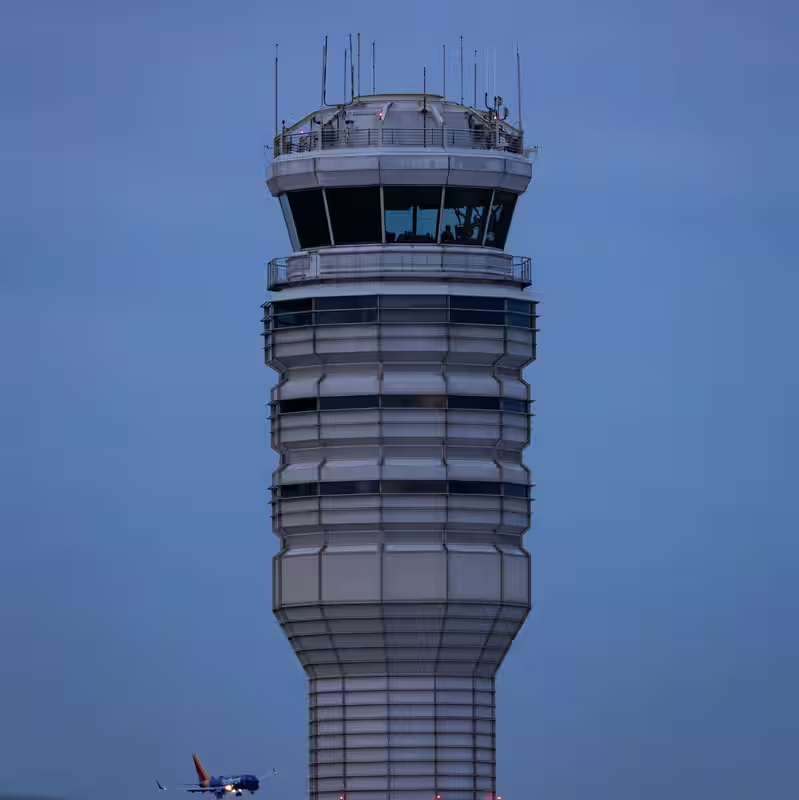Table of Contents
- Controllers Sound the Alarm
- Missed Paychecks, Mounting Stress
- A System Already on the Brink
- Duffy’s Contradictory Message
- What Travelers Can Do
- Sources
Controllers Sound the Alarm
Air traffic controllers across the U.S. are raising urgent concerns that the ongoing government shutdown is making the national air travel system “less safe.” On October 28, 2025, union leaders and frontline workers gathered at major airports—from LaGuardia to LAX—wearing bright yellow shirts and handing out flyers urging passengers to contact Congress.
“America’s air traffic controllers are now having to focus on how they put gas in the car, how do they take care of their children, how do they pay for child care,” said Nick Daniels, president of the National Air Traffic Controllers Association (NATCA). “That makes the system less safe.”
Missed Paychecks, Mounting Stress
Tuesday marked the first full missed paycheck for nearly 11,000 FAA-employed air traffic controllers since the shutdown began on October 1. While many veteran controllers have savings to weather one missed payment, a second could be catastrophic—especially for newer hires earning lower wages.
“Almost every controller can’t make it two paychecks,” warned Transportation Secretary Sean Duffy during a press event at LaGuardia Airport, standing alongside controllers. Some are already taking side gigs to cover rent, groceries, and childcare.
A System Already on the Brink
The shutdown exacerbates a pre-existing crisis: the FAA is short roughly 3,000 controllers nationwide. Many facilities operate with skeleton crews, forcing staff to work excessive overtime just to keep flights moving.
Recent “staffing triggers”—moments when too few controllers are available to manage air traffic—have already caused ground stops, including a notable incident at Los Angeles International Airport over the weekend. Secretary Duffy blamed the shutdown, citing that 11 of 25 scheduled controllers called in sick.
But NATCA pushed back, arguing the real issue is chronic underfunding and slow hiring. “What you’ve seen is just how fragile our aviation system is during a national shortage of these critical safety professionals,” the union stated.
Duffy’s Contradictory Message
While Duffy insists flying remains “safe,” his warnings paint a different picture. He’s repeatedly highlighted delays and staffing issues as direct consequences of the shutdown, even as he stops short of declaring an emergency.
“The delays are evidence that the FAA is taking proactive measures,” he said, acknowledging that reduced staffing means reduced capacity. Yet passengers may not realize that every delay could be a symptom of a deeper systemic strain.
What Travelers Can Do
Controllers aren’t just sounding alarms—they’re asking for help. NATCA is urging travelers to contact their U.S. representatives and demand an end to the shutdown. Pamphlets distributed at airports include QR codes linking to congressional contact pages.
“We’re not asking for a raise. We’re asking to get paid for the work we’re still doing—work that keeps millions of people safe every day,” said Jason Felser, a 25-year veteran controller at the New York TRACON facility.
With no end to the shutdown in sight, morale continues to plummet. Some seasoned controllers, like Felser, say they’re considering early retirement—not because they want to leave, but because a pension offers more financial certainty than their current reality.




